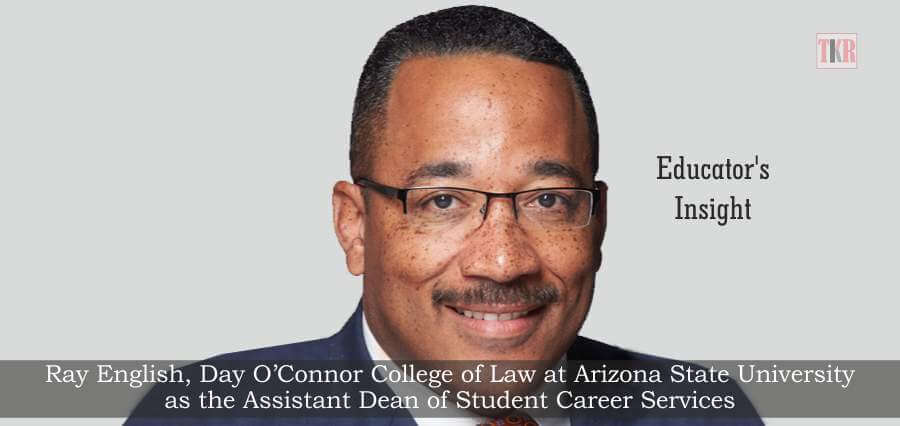In 2016, the ABA eliminated the longstanding ban on law students getting paid and earning academic credit for externships, despite significant opposition by the Clinical Legal Education Association and the Society of American Law Teachers. Traditionally, law schools limited externships almost exclusively to government and public interest entities, which were unpaid. The underlying concern with allowing externs to get paid was that the use of externs by for-profit entities, for pay, would in some way diminish the externship experience. Nevertheless, the new policy gave individual law schools the ability to allow students to receive pay for academic externships; however, few schools have embraced the change. This article will make the case for permitting paid externships by providing methods for safeguarding the educational mission of externships and demonstrating how these types of externships can enrich the educational experience, and expand future employment opportunities and outlooks for students.
The ABA defines field placements as “a course that provides substantial lawyering experience that (1) is reasonably similar to the experience of a lawyer advising or representing a client or engaging in other lawyering tasks in a setting outside a law clinic under the supervision of a licensed attorney or an individual otherwise qualified to supervise…” The general pushback on providing credit for paid externships with for-profit entities is the idea that a student is just getting paid to work, and getting academic credit as well is simply a bonus. There are three basic ways to combat this concern.
First, the ABA rules already prohibit a student from doing a second externship at the same place, unless the work is substantially different. Second, ensure that an externship with a for-profit entity is held to the same standards and requirements of an externship with a non-profit entity. Most schools require classes, journal entries, evaluations, and more for externships. Finally, limit the number of externship credits a student can acquire from an externship with a for-profit entity. These actions would greatly reduce the risk of abuse of these types’ externships by students and for-profit entities, while maintaining the integrity of externships.
Externships with for-profit entities significantly broaden externship opportunities for law students. Traditionally, externships are with government and public interest employers, and although there are many practice areas that involve these types of entities, there are many practice areas these traditional externships don’t involve. For example, government and public interest employers don’t generally do work in the areas of trust and estates, compliance, or transactional/business law. By allowing for-profit entities the ability take on law students in externships, law students have a better opportunity to garner “substantial lawyering experience” in areas of law historically unavailable via an externship.
Logically, the ability to gain substantial lawyering experience in a particular area of law enhances a student’s post-graduate employment opportunities in that area, as well as generally. First, an externship with a potential employer while in law school creates an instant pathway to potential post-graduate employment with that employer. Moreover, the experience gained by the student, via the externship, also provides the student a competitive advantage, if or when that student applies for post-graduate employment for similar positions.
By not allowing students to pursue paid externships with for-profit entities, law schools are significantly limiting experiential learning opportunities for their students. Furthermore, schools are also missing out on greatly expanding and enhancing post-graduate employment opportunities for their students.
About the Author
Prior to joining Sandra Day O’Connor College of Law at Arizona State University as the Assistant Dean of Student Career Services, Ray English used to serve as the Associate Director of Career Services at Georgia State University College of Law. Holding a Bachelor’s degree in Science from The Ohio State University and Juris Doctor from Howard University School of Law, Ray served as a Staff Judge Advocate in the U.S Air force. After leaving army he later served as an Assistant Professor of Law at Appalachian School of Law wherein he used to teach criminal law and litigation skills. He has been selected to serve on the National Association of Law Placement Board of Directors on the NALP Nominating Committee.









